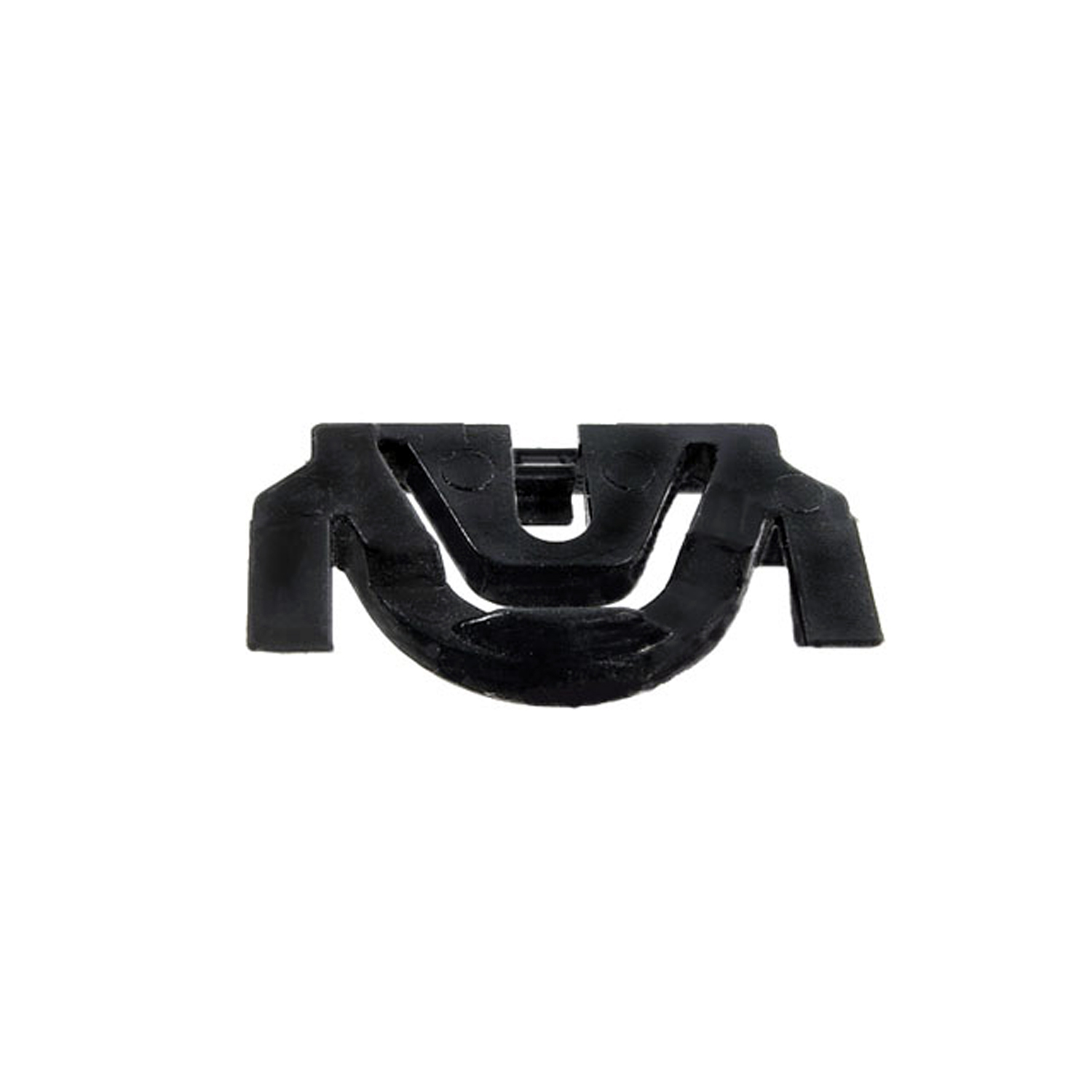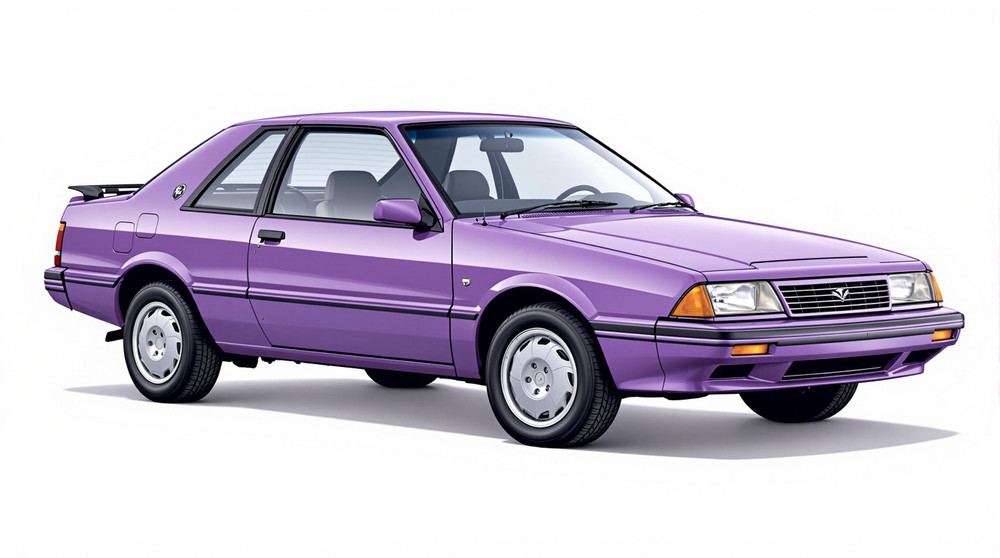Image of 1988 Plymouth Reliant, Note: These illustrations use artistic license and may differ from actual historical models.
Performance Metrics
Fundamental Metrics
Emotional Appeal
MMP Rating
| Engine Specifications | |
|---|---|
| Engine: | 2.2L 4-cylinder, 2.5L 4-cylinder |
| Displacement: | 2.2L (135 cu in), 2.5L (153 cu in) |
| Horsepower: | 96-100 hp |
| Torque: | 119-135 lb-ft |
| Compression Ratio: | 8.9:1 |
| Ignition System: | Electronic |
| Cooling System: | Liquid-cooled |
| Performance Specifications | |
| 0-60 Time: | 14-16 seconds |
| 1/4 Mile Time: | 18-20 seconds |
| Top Speed: | 100 mph |
| Transmission and Drive | |
| Drive Type: | FWD (Front Wheel Drive) |
| Transmission Type: | 3-speed automatic, 5-speed manual |
| Fuel and Efficiency | |
| Fuel System Type: | Carburetor |
| MPG: | 22 city / 29 highway |
| Dimensions and Brakes | |
| Brakes: | Front disc, rear drum |
| Wheelbase: | 99.6 inches |
| Weight: | 2,400 lbs |
Note: Specifications for classic cars are given to the best of our ability, considering the limited and variant data available.
Introduction
The 1988 Plymouth Reliant stands as a testament to an era when practicality and affordability were paramount in the American automotive landscape. Born from the necessity of competing with fuel-efficient imports, the Reliant was Chrysler's answer to an economy-conscious consumer base. This front-wheel-drive sedan hailed from an age where boxy was beautiful, and simplicity was key to reliability. A notable moment in the Reliant's history is its role in Chrysler's remarkable comeback during the early 1980s, thanks to the K-car platform upon which it was built.
Design and Innovation
With straight lines and an unassuming profile, the exterior of the 1988 Plymouth Reliant was emblematic of its time. The vehicle's design favored function over form, with a spacious interior that belied its compact dimensions. Inside, occupants were greeted with a no-frills cabin, where durability took precedence over luxury. Materials were chosen for longevity, and while they weren't lavish, they were certainly capable of withstanding daily wear and tear.
Technologically, the Reliant offered features that were advanced for its price point, such as electronic fuel injection and power-assisted brakes. Color options ranged from conservative shades like Graphite Metallic to bolder choices like Radiant Red. The most popular body style was undoubtedly the four-door sedan, though two-door coupes and station wagons also graced the lineup.
Historical Significance
The Plymouth Reliant's impact on automotive design may not have been groundbreaking aesthetically, but its contribution to Chrysler's survival was monumental. The K-car platform became a cornerstone for a variety of models, showcasing versatility and cost-effectiveness. Its front-wheel-drive layout also set a precedent for American family cars moving forward.
Performance and Handling
The 1988 Plymouth Reliant wasn't known for exhilarating performance; its 2.2-liter inline-four engine produced modest power, resulting in leisurely acceleration figures. Top speed was adequate for highway travel but nothing that would excite speed enthusiasts. Handling was predictable and secure rather than sporty. The ride quality was comfortable enough to absorb road imperfections, making it a competent cruiser for everyday driving.
Ownership Experience
As a daily driver, the Plymouth Reliant excelled in reliability and cost-effectiveness. Maintenance was straightforward, with many components engineered for easy access and repairability. While not typically seen as a show car or racing vehicle, its utilitarian charm has garnered it a niche following among classic car enthusiasts who appreciate its simplicity.
Fun Facts
The Reliant may not have been associated with celebrities or high-profile events, but it did carve out its own slice of Americana as a symbol of resilience during tough economic times. Criticisms often centered around its uninspired styling and lackluster performance; however, these aspects also contributed to its charm and enduring legacy as an honest American workhorse.
Collector's Information
Today, the value range for a well-preserved 1988 Plymouth Reliant can vary significantly based on condition and mileage. While production numbers were high during its heyday, surviving examples in pristine condition are becoming rarer. As such, prices can range from just a few thousand dollars for models in fair condition to higher figures for showroom-quality specimens.
Conclusion
The 1988 Plymouth Reliant may not have been the flashiest or fastest car of its time, but it played an essential role in automotive history through its contribution to Chrysler's recovery and by meeting the needs of countless American families. Its legacy endures as a symbol of 1980s pragmatism—a no-nonsense machine that got the job done without fuss or fanfare.
1988 Plymouth Reliant Catalog of Parts
 1988 Plymouth Reliant Windshield and Rear Windshield Reveal Molding Clip-WF 225-AWindshield and Rear Windshield Reveal Molding Clip. Made of nylon. 2" X 11/16". Each
1988 Plymouth Reliant Windshield and Rear Windshield Reveal Molding Clip-WF 225-AWindshield and Rear Windshield Reveal Molding Clip. Made of nylon. 2" X 11/16". EachWhy Choose Metro?
For over 100 years, Metro Moulded Parts has been the pinnacle of quality in classic car restoration parts. Our commitment to precision and authenticity in every component ensures a perfect fit and an OEM-level appearance.
- Expert Craftsmanship & Quality: Each part is a testament to our dedication to reliability and perfection, crafted from original designs and thoroughly tested.
- Advanced Technology: We use cutting-edge techniques to create flawless, long-lasting parts that surpass others in performance.
- SuperSoft Sponge – The Ultimate Door Seal: Not only are our door seals 30% softer than competitors', but they're also guaranteed to never leak. They effectively reduce wind and road noise, enhancing your classic car's comfort and driving experience.
- Proudly American: Our parts are a product of American craftsmanship, made in the USA with a spirit of excellence and heritage.
- Unrivaled Warranty: We back our products with a 30-year industry-leading warranty, a testament to our confidence in their quality.
Join us in preserving the legacy of classic cars with parts that are crafted for perfection, not just made.

